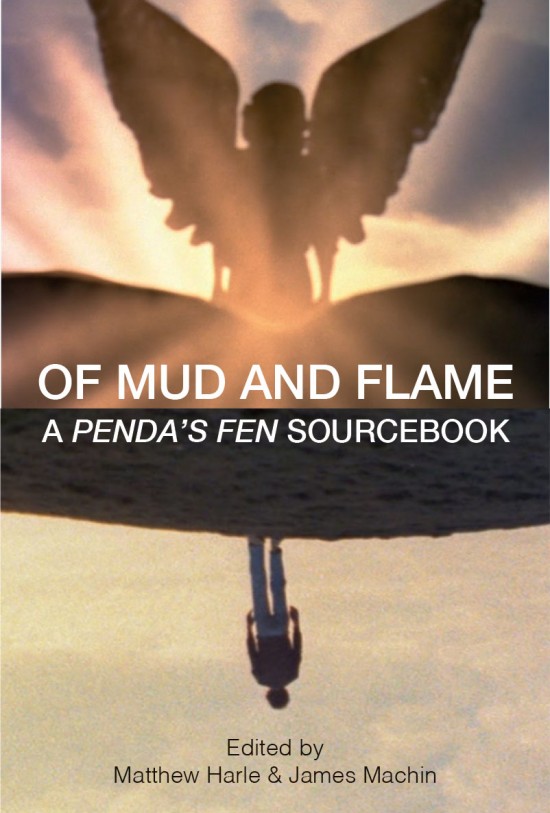“Who are the ghosts again, us or our dead? Maybe they imagined us first, maybe we were conjured out of the deep past by other minds.”
I have a memory, from when I was perhaps eleven or twelve, attending a re-enactment show recreating life during the period of the English Civil War. The details are fuzzy. But I was with my father and I believe we were in Eastbourne on the south coast of England. I was enthusiastic about history, especially the bits involving war and violence, as many children are. Watching the re-enactors, singing a song of the era that they wished to revive, it disturbed me. I couldn’t fathom their reasons, and to this day I still can’t; not fully.
Outside the town of Battle in 2016, again with my father, at the 950th anniversary of the Battle of Hastings, I felt the same emotions, seeing the mock-Saxons and mock-Normans camped out in their muddy fields. The wood smoke fires and animal skins and authentically whittled items had a definite appeal, and created an evocative idea of the past. But we could never truly know, could we? All of it could only ever be a projection of something, a yearning, a desire enacted and performed. A desire for escape; desire for authenticity in a word now deemed fake; desire for simplicity, perhaps. The desire to be someone and something else.
I find history, and British history, a fascinating space to investigate. The endless interpretability of it and all the different versions of histories I thought I knew will keep me interested until the end of my life. All writers of fiction must have an interest in these topics. How could you not? But I lack the desire to recreate it.
In my previous post, I alluded to my worries about the rise I see in bogus folk ethno-nationalism. It seems appropriate, then, that this week I read the astounding new novel from Sarah Moss, Ghost Wall.
I was a newcomer to Moss’s work before reading this; and now I consider myself a convert to her writing and am going to track down all her backlist. The blurb to Ghost Wall immediately grabbed me:
Teenage Silvie and her parents are living in a hut in Northumberland as an exercise in experimental archaeology. Her father is a difficult man, obsessed with imagining and enacting the harshness of Iron Age life. Haunting Silvie's narrative is the story of a bog girl, a young woman sacrificed by those closest to her, and the landscape both keeps and reveals the secrets of past violence and ritual as the summer builds to its harrowing climax.
That her father is a ‘difficult man’ is an understatement; he yearns for an unbroken and pure lineage of British identity, allegedly resisting wave after wave of invaders over the centuries. He is an amateur historian and archaeology enthusiast, and he is a racist, and he is a misogynist who believes women have their place in the natural order – he’s the hunter, they’re the gatherers. He fetishes the gruesome (yes, admittedly, fascinating) deaths of the ‘bog people’ found preserved in the north of England – the victims often young women or girls, murdered and sacrificed to the land for reasons now obscure to us. He believes the deep past was a better place and that modernity is poisonous. He beats his daughter for her perceived sleights and immodesties. He would have taken the news about Cheddar Man badly, shall we say.
Although Ghost Wall is set at some-point in the nineties, it is impossible to read this book and not see it in the light of Brexit, and see parallels with the very folk-fascists haranguing people like @FolkloreThursday online and generally irritating the hell of me.
It is a gorgeously written novel and with a real feeling of unease and tension packed into its pages, leading up to a disturbing, troubling ending that has stuck in my head for several days after reading it. Ghost Wall is an expert examination of the topics of landscape, history, gender politics, and national identity – and crucially how our attitudes to these things are all intrinsically intertwined.







